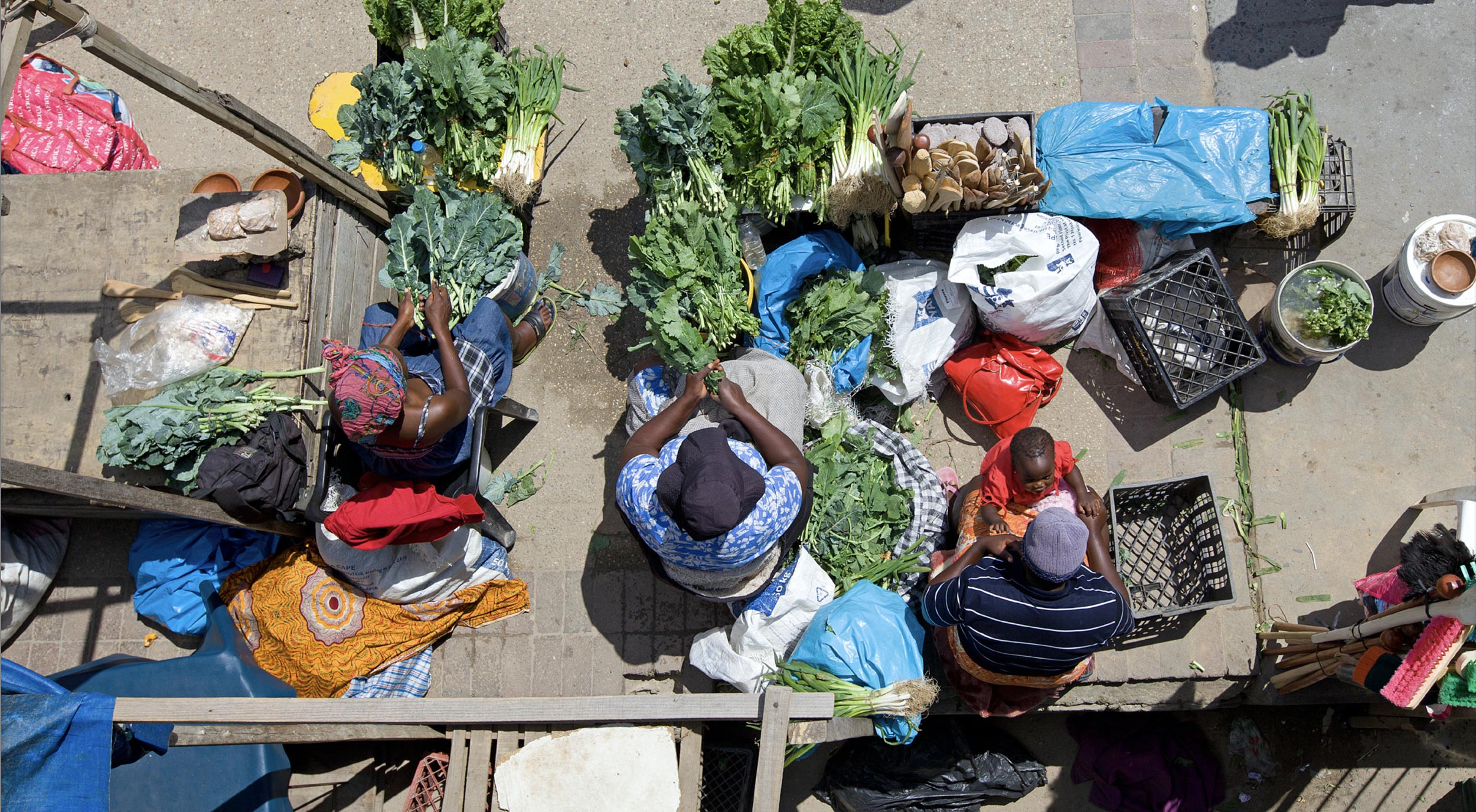WATERLOO. The COVID-19 pandemic significantly worsened the plight of international migrants, especially those moving between countries in the Global South. This phenomenon, known as South-South migration, was disrupted by travel restrictions, border closures, and economic downturns, creating a crisis that demanded urgent attention.
Governments worldwide implemented various containment measures to curb the spread of the virus, but these inadvertently led to a “global crisis of immobility.” Travel bans, flight suspensions, and border closures severely limited the movement of migrants, leaving many stranded far from home and unable to return. The pandemic compounded the vulnerabilities of these migrants, who faced higher risks of exposure to COVID-19, economic instability, and food insecurity.
Migrants from the Global South were particularly vulnerable due to their employment in sectors most affected by the pandemic. Many worked in agriculture, construction, informal vending, and other precarious jobs. These sectors experienced significant downturns, leading to widespread job losses. Consequently, migrants struggled to support themselves and their families, both in their host countries and back home. The reduction in remittances, crucial for the livelihoods of many families, further exacerbated the situation.
Food insecurity was one of the most pressing issues facing migrants during the pandemic. With the loss of income and limited access to social support, many migrant households were unable to afford sufficient food. The situation was dire in urban centers where the cost of living was high, and migrants often resided in overcrowded and unsanitary conditions. These living conditions made it difficult to adhere to public health measures, increasing the risk of COVID-19 transmission and further complicating efforts to secure food and other essentials.
The economic impact of the pandemic was devastating for migrants. Many lost their jobs or faced reduced working hours, leading to a significant decline in income. This financial instability forced migrants to make difficult choices, such as skipping meals, eating smaller portions, and reducing the consumption of fresh produce. The long-term consequences of these dietary changes were severe, potentially leading to malnutrition and other health issues.
Access to healthcare was also a significant challenge for migrants during the pandemic. Many migrants, especially those who were undocumented or on temporary visas, faced barriers to accessing healthcare services. These barriers included language difficulties, limited knowledge of available resources, and fear of being reported to immigration authorities. As a result, many migrants were unable to receive necessary medical care, including testing and treatment for COVID-19.
In addition to healthcare, migrants had limited access to social support systems. Many governments excluded migrants from COVID-19 relief packages, leaving them without essential financial assistance. This exclusion exacerbated the economic hardships faced by migrants, further increasing their vulnerability to poverty and food insecurity.
The pandemic also had a significant impact on the living conditions of migrants. Many resided in housing that made them more vulnerable to the virus. In the large urban slums or informal settlements that characterize most cities in the Global South, migrants and disenfranchised citizens lived in very close quarters and in homes lacking access to running water and hygiene products. These informal settlements were the least prepared for the pandemic, as basic needs such as water, toilets, sewers, drainage, and secure housing were already in short supply or non-existent.
Furthermore, migrants were often housed in spaces particularly prone to the spread of the virus, such as camps, reception centers, compounds, hostels, dormitories, and precarious housing for migrant farmworkers. These environments substantially increased vulnerability to COVID-19 once the virus had been introduced. Refugee camps represented another example of vulnerability through enforced immobility. These camps usually provided inadequate and overcrowded living arrangements, presenting a severe health risk to inhabitants and host populations.
The gendered impacts of the pandemic were also notable. Women migrant workers were disproportionately affected by the pandemic. They were over-represented in social care and health care work, which were frontline occupations during the pandemic. Many migrant women domestic workers were dismissed by employers due to fears of possible transmission. Unable to find another source of income or return to their countries of origin because of closed borders, their hardships dramatically intensified.
The pandemic also led to a significant decline in remittance flows, which are a vital lifeline for many families in migrants’ countries of origin. Pre-pandemic projections estimated that remittances would have a major positive impact on the economies of many developing countries. However, the pandemic caused a sharp contraction in remittance flows, leading to increased poverty and food insecurity in many migrant-sending regions and communities.
In light of these challenges, the pandemic highlighted the urgent need for inclusive policies that protect migrants’ rights and ensure their access to essential services. Governments, international organizations, and civil society must work together to develop comprehensive strategies that address the immediate and long-term needs of migrant populations. This includes ensuring that migrants have access to healthcare, social support, and economic opportunities, as well as protecting their rights and addressing the root causes of their vulnerabilities.
The COVID-19 crisis underscored the importance of a coordinated global response to support migrants and their families. As the world continues to recover from the pandemic, it is crucial to recognize the significant contributions of migrants and to ensure that they are not left behind in recovery efforts.
Created with the assistance of ChatGPT 4.0

